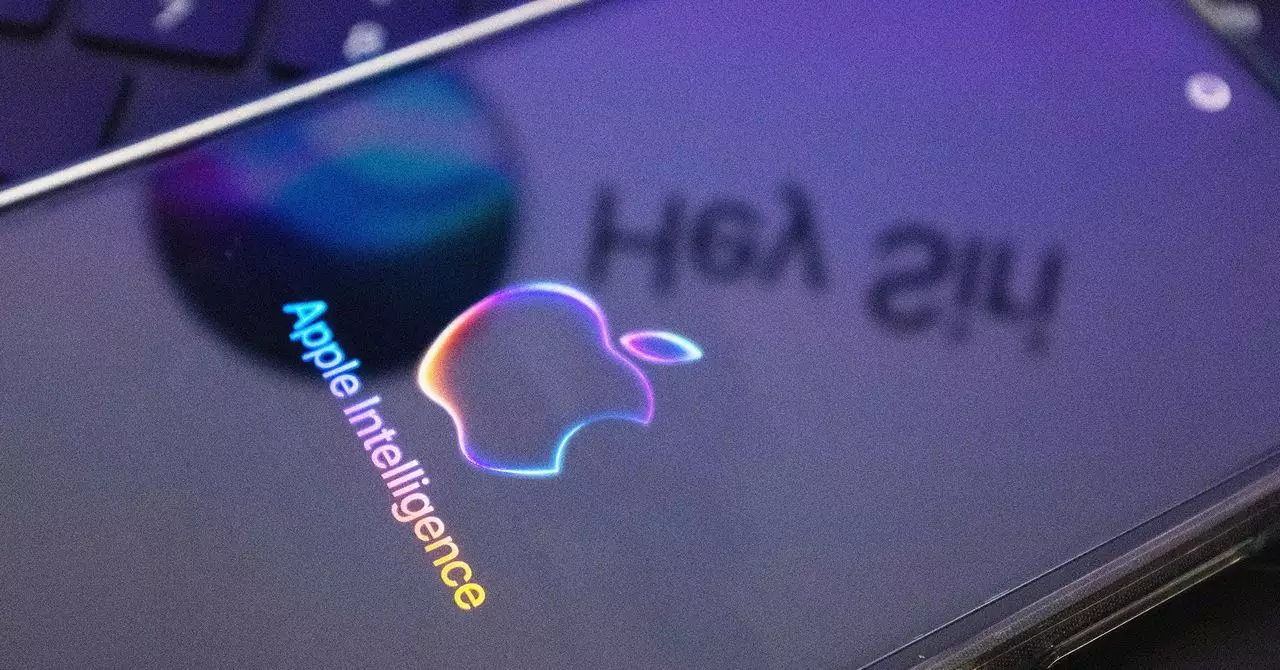When Apple first set its sights on acquiring Siri, the excitement within the company was palpable. Steve Jobs, in particular, was enchanted by the innovative potential of this digital assistant. Yet, as the curtain lifted on Siri’s capabilities, the reality was far less thrilling. Despite the optimism from Apple’s leadership, the raw technology behind early Siri was not fit for the vast expectations set by the brand. It is a striking reflection of how even the most revered tech giants can fall prey to inflated promises in the face of complex technology.
Tom Gruber’s insights reveal a truth often masked beneath the surface of corporate grandeur. Jobs was deeply invested in Siri’s integration, embodying the quintessential visionary leader who believed wholeheartedly in his projects. Still, former Apple executives have unflinchingly critiqued this early iteration of Siri for being more of a showcase than a practical tool. Richard Williamson’s candid comments illustrate a narrative of misalignment between Apple’s aspirations and the reality of what Siri could deliver: a glorified demo lacking the sophistication of true artificial intelligence.
Unraveling the Illusions of Performance
Siri’s early capabilities were marred by severe limitations. Williamson’s assessment paints a picture of a flawed assistant that succumbed to common pitfalls of early AI, particularly in natural language processing (NLP). The promise of an intelligent digital entity was compromised by its reliance on basic keyword matching rather than nuanced understanding, rendering Siri ineffective in real-world scenarios. When comparing Siri to alternatives like Google Assistant, it becomes clear that Apple’s insistence on a privacy-focused strategy hampered its ability to create a more capable AI. The goal of safeguarding user data inadvertently played a significant role in Siri’s inability to deliver intelligent and personalized interactions.
In essence, Apple chose privacy as its guiding star, a noble pursuit that nonetheless came at a cost. Users looking for seamless, intuitive interactions with their AI assistants found themselves consistently let down. As competitors embraced expansive data usage to refine their services, Apple’s commitment to privacy created an uphill battle for Siri’s development and acceptance. The dichotomy is striking: while user privacy can be lauded, the suppression of expansive data gathering inhibited the AI’s growth potential.
Understanding the Current Landscape of AI Assistants
Fast forward to today, and the introduction of new technology into Siri’s framework suggests a gradual evolution, albeit one still fraught with challenges. Now, Siri employs an on-device small language model, supplemented by external processing capability via partnerships with AI firms like OpenAI. However, this hybrid approach raises critical questions of usability and data privacy. Users now have to grant explicit permission for more complex queries to be handled externally, striking a delicate balance between convenience and privacy.
This integration hints at the blind spots inherent in Apple’s strategic choices. While it endeavors to maintain a privacy-centric ethos, Siri remains effectively hamstrung by the very constraints that it has championed for years. This likely results in an AI system that still pales in comparison to its competitors, lacking the robustness that a more data-driven approach could afford. The immense difference in parameter scales between Apple’s and OpenAI’s systems only emphasizes the limitations of the current Siri experience—for every clever command it manages, there are countless instances where it falters or misunderstands user intent.
The Conflict of Vision and Reality
In light of these developments, it becomes increasingly clear that Apple’s insistence on privacy and data stewardship may inadvertently stifle its technological advancement. While it is commendable to prioritize user privacy as a core value, the repercussions of that choice impact Siri’s performance—showcasing an ironic twist where a protective stance morphs into a hindrance. Other frameworks, such as those from competing tech giants, do not carry the same constraints, enabling them to optimize user experiences rapidly and effectively.
The question remains: Can Apple redefine its trajectory while remaining loyal to its privacy commitments? As AI continues to evolve at a breakneck pace, the challenge for Apple is to prove that it can still innovate without compromising the very principles it holds sacred. The road ahead for Siri and Apple’s AI endeavors will require a daring re-examination of how it balances user expectations with its ethical commitments—a challenge that, if navigated successfully, could lead Apple to rediscover its innovative spark in the age of artificial intelligence.

